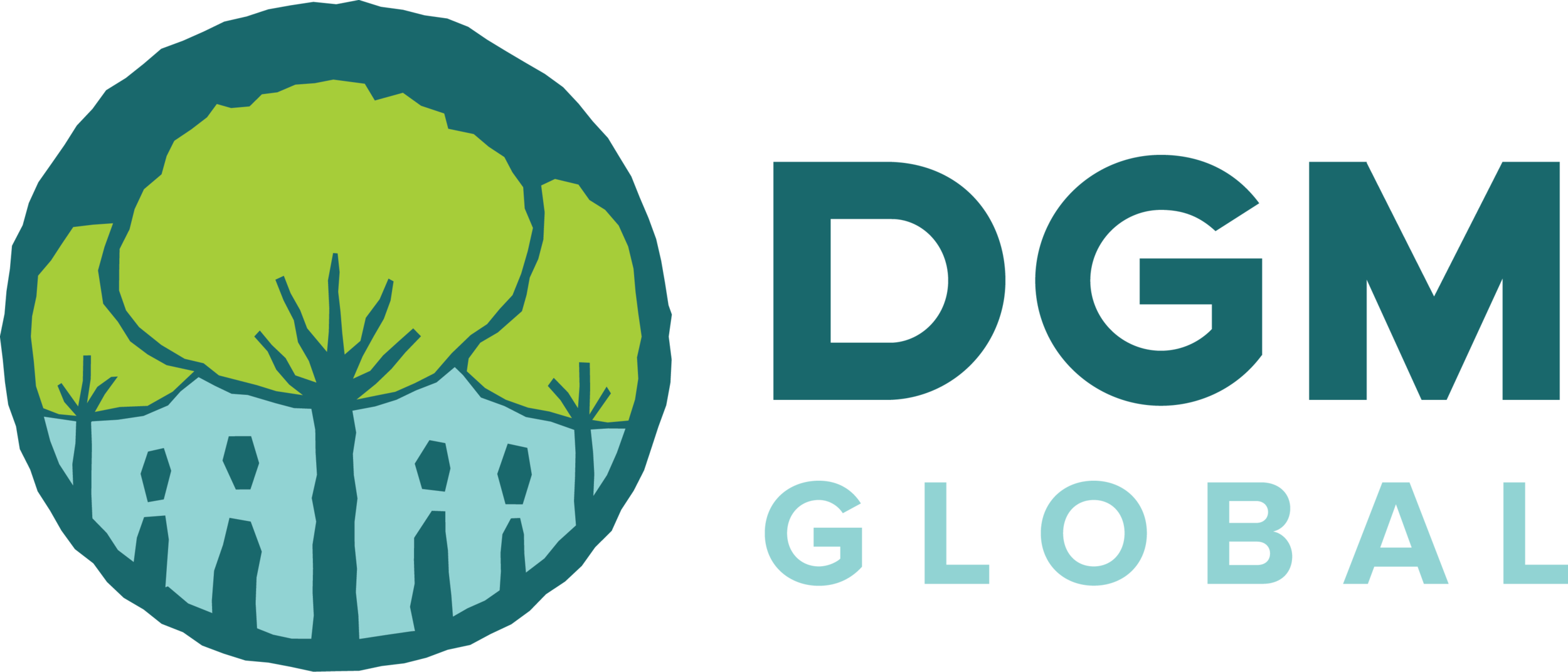DGM Indonesia launches!
DGM Global cannot guarantee the accuracy of Google translations. In case of discrepancies, the original language takes precedence.
The DGM Indonesia was launched on March 17, 2017 during the 5th AMAN Congress held in in Tanjung Gusta, North Sumatera. The AMAN Congress was attended by thousands of Indigenous Peoples from the regional and village chapters of national alliance of Indigenous Peoples (AMAN). The DGM Indonesia launching was opened by program introduction from Abdon Nababan – former Secretary General of Indigenous People’s Alliance of Archipelago. This was followed by welcoming speeches from several people. Iwan Gunawan, Senior Natural Resource Management of the World Bank announced the approval of the DGM Indonesia by the World Bank; Mina Setra, a member of the Global Steering Committee, described the role of DGM Global Project; Yunus Ukru, Head of NSC in Indonesia, explained the composition of National Steering Committee; and Suraya Afif, Head of Board of Samdhana Institute, which is the DGM Indonesia National Executing Agency described what type of activities they will be supporting. The launching was marked by the drumming of traditional drum.
The launch is an important milestone for indigenous people and local communities. Land governance in Indonesia is complex, creating barriers for forest dependent groups to defend land rights and livelihoods. At present, Indonesia has embraced the concept of REDD+ in an effort to achieve its target for GHG emission reductions. REDD+ has creates an opportunity for indigenous peoples and local communities to resolve issues regarding land claims and rights because unclear tenure is seen as an underlying driver of deforestation and forest degradation. The DGM Indonesia project is an opportunity to secure community land titles for indigenous communities. Based on that, DGM Indonesia priority aims to strengthen the capacity of indigenous people and local community’s households to obtain secure and equitable access – and control over – forest and agricultural land, including increasing their livelihood, knowledge and access to participate in the development of related policy at national and local level.

